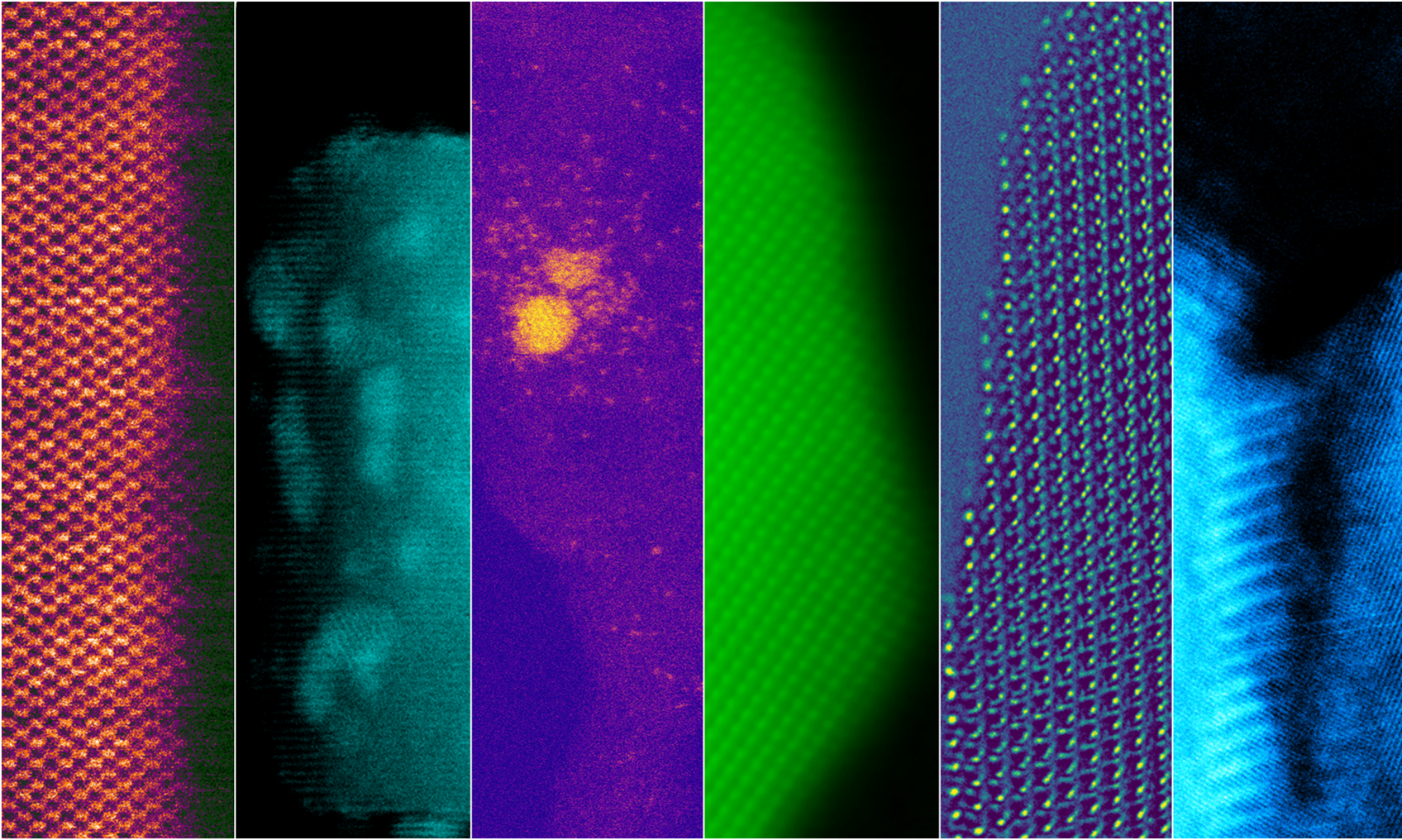What classes do I need to take?
The four required core courses: (1) structure and properties of materials, (2) advanced thermodynamics, (3) kinetics and phase transformations, (4) physics of materials. You also need to select six elective courses. If you research involves electron microscopy, we suggest you take TEM I and II (both the lecture and lab which count as four electives).
When am I expected to work?
Treat your PhD study like a full time salary position. You are expected to be present in the group office during working hours (9 am – 6 pm). The group works throughout the summer as well. We find this working style effective as it keeps everyone motivated and available for discussion and collaboration. Of course, exceptions may occur as more senior students will spend time away during intense writing periods (e.g., writing a dissertation) or during group study for coursework.
How often does the group meet?
We generally meet every Friday from 3-6 PM. In each meeting we will discuss any immediate issues in the lab (e.g., need for supplies) and interesting news within the last week (e.g., someone attended a conference and they report what they learned). Most of the meeting consists of student presentations. Three people will present each week and receive technical and presentation feedback. And of course, we all enjoy a tea break!
Does your group do social outings?
Most definitely. We like to go on hikes, visit museums, go out to dinner, and have group BBQs occasionally at Peter’s house. We are an adventurous group and enjoy doing activities that new students suggest.
What networking and travel opportunities do I have?
Lots. Our group attends at least two conferences every year (MRS Spring Meeting, Microscopy & Microanalysis) and often more than that. Other conferences we regularly attend include the North American Catalysis Society, Gordon Research Conferences, EDGE, the International Congress on Microscopy, etc. If you think a conference is relevant to you, Peter will most likely encourage you to attend. Our students will start presenting at conference their first year. Beyond that, you will likely submit multiple abstracts to the conferences the following years. Our groups intense conference involvement ensures we are balanced scientist – both well versed in current research trends and in communication/networking.
What are living accommodations like around ASU?
Follow this link for resources on off-campus housing.
What is there to do in Tempe?
Tempe is a big college town so there are many things to do and great public transport around the town and to neighboring areas. Here are some popular tourism websites: Tempe Tourism, Visit Phoenix.
